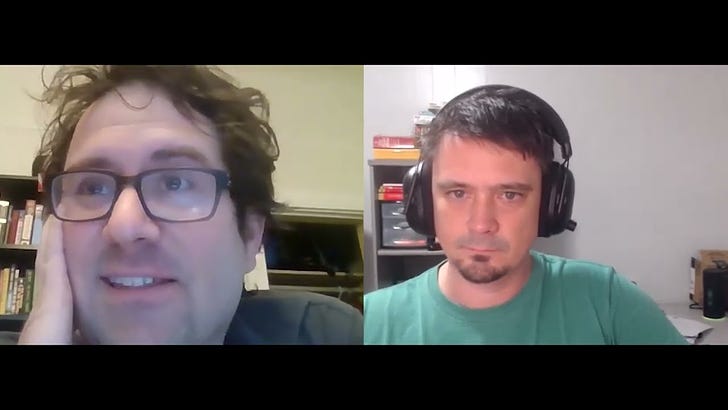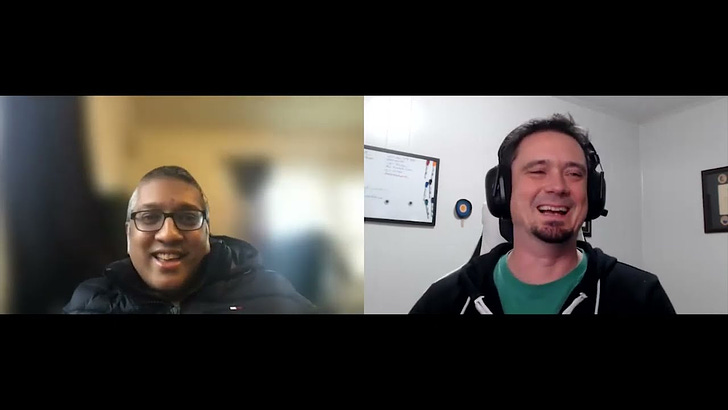I swear I’m going to fight my way through this. I’ve been on-again, off-again trying to puzzle through the question of, “If institutions have failed, how do we determine truth on complex technical subjects?” I’m trying to build a thesis but my problem is that, in writing about it, it’s become more of an exploration than a wide-reaching system.
Interestingly, Tyler Cowen has written something that is helping me move this discussion along. Cowen’s piece is about the struggle between “Classical Liberalism” and “the New Right.” He notes that “the political Right in America is not what it used to be” and notes that classical liberalism seems to be in decline and tries to pin down how the New Right differs from classical liberalism. “That main difference” he notes, “is how much faith each group puts in the possibility of trustworthy, well-functioning elites.”
I don’t want to regurgitate the entire article but it is an incredibly fair-minded observational piece and very honest in the ways in which Cowen is not yet persuaded. Instead, I want to focus on a key part of it. Noting the deep and abiding skepticism of institutions and elite knowledge and power structures, Cowen very aptly points out:
Successful societies are based on trust, including trust in leaders, and the New Right doesn’t offer resources for forming that trust or any kind of comparable substitute. As a nation-building project it seems like a dead end.
I agree that the New Right does not offer a vision for what can replace our corrupted and collapsed institutions. But I’ve noticed that, even in the absence of that vision, they still have a weakly held epistemology of reliable information. And I will argue that this vision is closer to the bone of how we should build social trust.
Let’s focus our discussion on academia. Academic institutions have been built up for over a century with a long-running list of policies that were originally designed to encourage discovery and robust debate in the pursuit of truth. There are institutions within institutions whose very conception was to act as a series of checks and balances on bad information and bad thinking. Credentials, peer review, independent expert panels, statement papers and rebuttals, academic tenure, and professional courtesy all have played a role in the vision of allowing ideas to be born, to evolve, to be tested against other ideas and research, and to be debated in an open forum where they can convince and persuade.
The problem that academic institutions have right now, what has caused them to lose so much trust, is that they are simply not producing good thinking. Becoming an elite is supposed to be a process of elimination, in which only the best and brightest survive. The problem that the institutions and the elite have right now, what has caused them to lose so much trust, is that their central task of producing the highest quality thinkers and researchers has failed. Their institutions no longer filter out bad ideas. Instead, they filter out unpopular ideas, no matter how true they are.
In this way, the core project of the academic institution has failed spectacularly and the New Right is simply noticing that.
If our academic institutions are not to be trusted, how does the New Right envision the identification of and adherence to new knowledge about the world and the appropriate policies to manage it? I’ve been asking this for a long time because I’ve noticed that, even if there isn’t an agreed-upon framework for how to do this, people are still doing it.
In my observations, I believe that, in the collapse of institutional trust, there are three guiding lights that people are using to identify valuable information that they can use to inform good policy. People are building trust by identifying individuals who can demonstrate a deep knowledge of a given topic, who demonstrate some level of genuine empathy for them and their concerns, and who have some form of credential that highlights their previous successes or accomplishments.
I believe the New Right is looking for a fourth guiding principle that has been largely abandoned by the left: the willingness and courage to meaningfully dissent from popular wisdom.
Listen to this episode with a 7-day free trial
Subscribe to Matt Shapiro's Marginally Compelling to listen to this post and get 7 days of free access to the full post archives.













